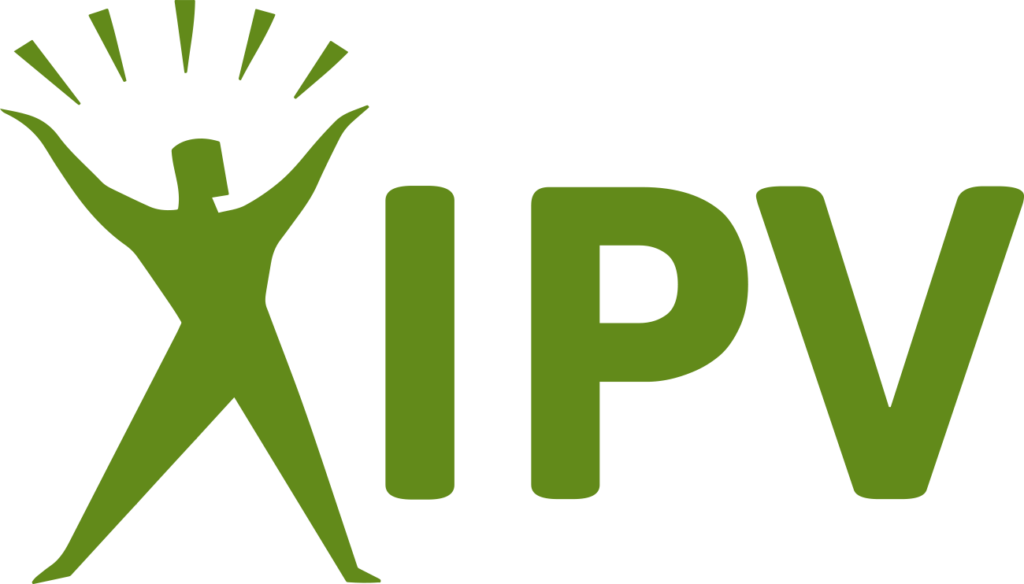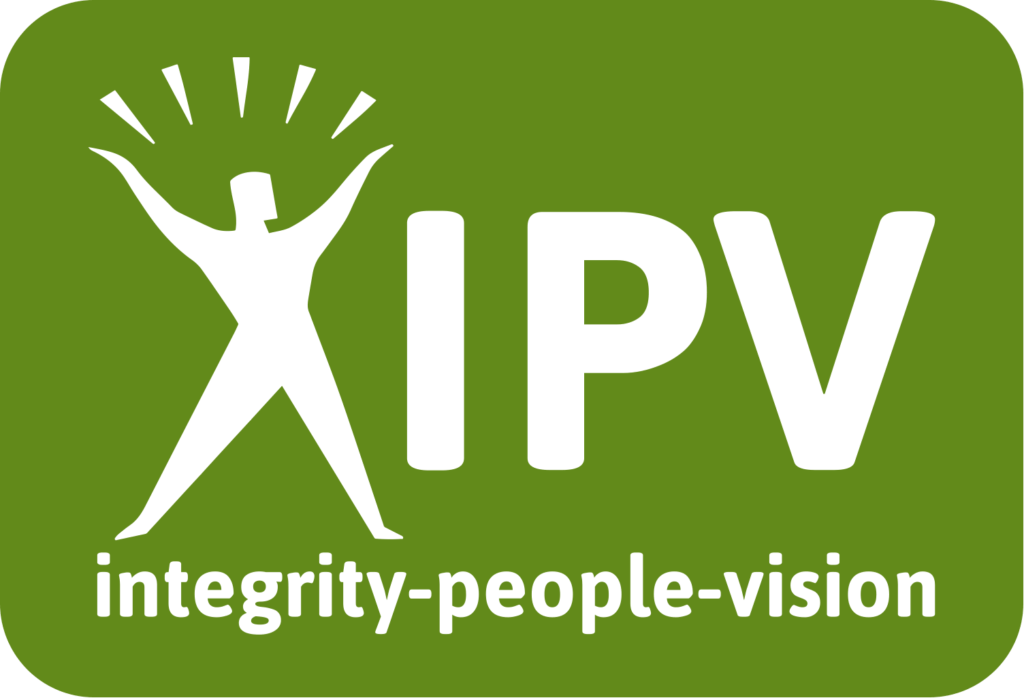
Your Brain’s Chemistry Plays A Role In Resilience Too
At the end of the previous episode in the Resilience in Times of Change podcast, Michelle talked about how your state of mind can affect your perceptions. Today, she’ll dig deeper into that, and discuss the role your brain’s chemistry has on your outlook. She’ll discuss the three main chemicals and how you can enlist their help to become more resilient.
Listen to the seventh episode below, or scroll below the player to read the full transcript!
Listen to "Resilience in Times of Change: Episode 7"
Welcome to Reframe and Rewire: Greatness Through Daily Routine. This podcast is designed to alter your mindset and transform your day-to-day from the second you open your eyes to you close them at night, adapting what I would call a success routine. This series is liable to change your life. And it’s never the big things that you do, but the littlest things you do every day that make the biggest difference, and now onto the podcast. Thank you for joining.
Welcome back to the podcast. As we continue in this series on resilience in times of change. As I had mentioned before, it’s actually a course on resilience. So you are missing any pieces to it, I would definitely encourage you to go back and listen from the beginning because it is packed full of powerful information and it’s going to work progressively. So if you’ve missed even a couple of them, it may not make sense to you as we move into the next pieces of this because it all kind of fits together like a puzzle.
All right. So I want to go ahead and pick up where we left off yesterday. We were discussing the negative emotions and state of mind how it affects our personality. And then I had discussed briefly with you the knowledge of neurochemicals, otherwise referred to as neurotransmitters and sometimes referred to as hormones. But I promised I would get back to the positive ones today rather than the negative ones we’ve been talking about, or at least just a few of them, and help you realize how they are released. Because obviously we want to try to conform our routine and our patterns and our habits and our mindsets to release more positive neurochemicals rather than the ones that are going to tear us down, make us ill and affect our well-being and state of mind.
Okay, so three examples of very positive neurochemicals that can produce a whole lot of health and well-being are dopamine, which is the feel-good or reward neurochemicals that often have that nickname or connotation to it. And dopamine is incredibly powerful in that every time you accomplish something or feel good about something and even can lead to addictions, unfortunately. It can even be addicted to social media or even your phone in general or video games because you feel good every time you get a bling or a ding or you win a game.
So to some degree, you have to be careful that dopamine doesn’t become an addiction. Dopamine is also the culprit in drugs, alcohol, pornography, and other things like that. However, my focus is more on dopamine being what helps you to stay motivated, inspired and want to move forward and do good things, good things for yourself, as well as good things for others. That’s going to be what releases dopamine and that’s what we’re after.
Serotonin regulates mood and reduces anxiety. In fact, serotonin is often the neurochemical that we’re tested for when we are tested for depression or clinical depression. And so when we’re lacking in serotonin and dopamine, we will often be diagnosed with if it’s bad enough, clinical depression. So we need to increase that serotonin. Your body is fully capable of producing that. Although when you take an antidepressant it does artificially or help you produce that artificially.
And I’m not going to go down that road because I’m not going to try to manipulate what your doctor’s telling you in any way. I’m just letting you know that your body is capable of producing serotonin. And we’re going to get into some ways in which you can do that.
And then there’s GABA, which creates stability and well-being. So also another one that is related to I guess you can say being well-adjusted with a strong state of mind and resilient rather than depressed and feeling like a failure, or that you’re losing in life. So it really does matter what we focus on because these things are going to be released whether you like it or not. So whether you are releasing these 16 neurochemicals of these neurotransmitters, whether you like them being released or whether you don’t like it, it’s going to happen.
So if you want the positive ones and you have to do positive things. Well, what kinds of things? Well, a few ways to release positive neurochemicals are through gratitude, kindness. And it has to be patterns of gratitude and kindness, not just once a week or once a month or once a year. You have to develop habits and patterns of gratitude and kindness, empathy, showing compassion towards other people. And of course, towards yourself too. Cut yourself some slack. Give yourself a break.
Self-sabotage is going to work against you in creating negative or stress-filled neurochemicals. So like the cortisol, adrenaline, norepinephrine, and all those types of things that we’ve already discussed. Smiling, even a smile can create a surge of dopamine, and even, believe it or not, a fake smile can even create a small surge of dopamine. Laughing obviously creates both serotonin and dopamine as well as GABA. Encouraging other people, empowering them, building them up, offering compliments and kindness. That all creates serotonin, dopamine, and GABA amongst other of the 60.
So we obviously don’t have time to mention all of them, but I want you to understand these at least creating progress for yourself. So doing a good job, excelling at something, finishing a project or passing a test, or going the extra mile for someone whether they’re related to you or not. Creating progress for that person or creating progress in your relationships. Winning in any way, shape, or form can create these or release these positive neurochemicals within you and give you this incredible feeling of euphoria of success and just drive you forward to want to continue to succeed because success always breeds success.
In other words, more positive neurochemicals can cause you to want to produce more neurochemicals. That’s why it leads to addictions in some ways, but we’re not talking about addiction so much right now. However, it also works in reverse. So if you are constantly dwelling on the bad and fixated on negative and being pessimistic and always looking for attention in a negative way, you can become addicted to the negative neurochemicals in the same fashion and continue to propel yourself into this downward spiral hoping for attention, but you end up with a victim mentality. You end up feeling like everybody’s picking on you and everybody’s out to get you.
And you sink into this pit. All right? Where now you’re creating those chemical changes and the disruptions and the cellular structure of your brain that we’ve already covered in earlier parts of this series of this course. And again, if you missed it, you got to go back. Well, I am out of time for today. I have a lot more to talk to you about. So we will come back tomorrow and continue this discussion. Do share this with others who it may help. This is Michelle Steffes. Reframe and Rewire. Thank you for joining.
Would your company or organization benefit from a group coaching series on Resilience?
Want More? Get the Book!
Amazon #1 New Release
Now an Amazon #1 New Release, Reframe & Rewire is an in-depth, step-by-step study guide on the science of habits.
Get insight, tools, and inspiration to build a routine that will empower every aspect of your life. Pages filled with compelling statistics, case studies, and elements of neuroscience and human physiology.
You will discover irrefutable science-backed evidence that, when applied, will transform your state of mind, ultimately giving you total control of your life, career, and destiny.
Through small, daily changes utilizing this interactive journey, you will discover new methods of thinking and living that will revolutionize your world and propel you to GREATNESS!
In This Book:
- 7 Actual Case Studies
- The Brain Science Behind Habits
- Retraining Your Brain Through Cognitive Restructuring
- Heart Science, Energy, and the Law of Attraction
- Powerful Principles of Influence and Greatness
- Tips and Tools to Build Your Success Routine






